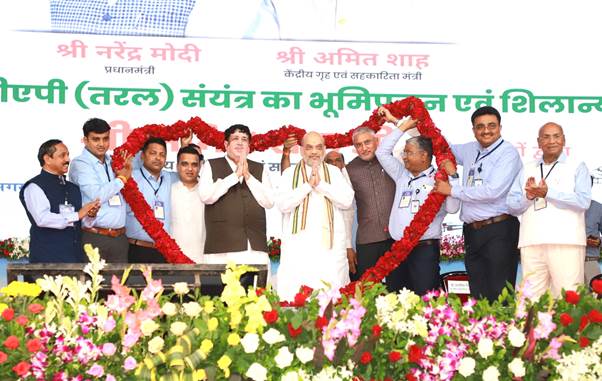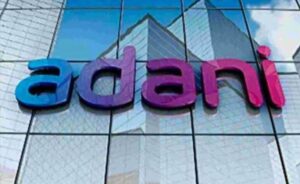Central Bank Digital Currency (CBDC): e₹-R is in the form of a digital token that represents legal tender
The Reserve Bank of India (RBI) launched the first pilot of Digital Rupee- Retail segment (e₹-R) on December 01, 2022. This was stated by the Union Minister of State for Finance, Shri Pankaj Chaudhary, in a written reply to a question in Lok Sabha today.
The Minister stated that the pilot is covering select locations in closed user group (CUG) comprising participating customers and merchants. The e₹-R pilot currently covers the five cities of Mumbai, New Delhi, Bengaluru, Bhubaneswar and Chandigarh. The e₹-R is in the form of a digital token that represents legal tender. It is being issued in the same denominations that paper currency and coins are currently issued. It is being distributed through financial intermediaries, i.e., banks. The e₹-R offers features of physical cash like trust, safety and settlement finality. As in the case of cash, it will not earn any interest and can be converted to other forms of money, like deposits with banks.
Giving more information, the Minister stated that RBI has identified eight banks for phase-wise participation in the retail pilot project. These include the State Bank of India, the ICICI Bank, the Yes Bank and the IDFC First Bank, the Bank of Baroda, the Union Bank of India, the HDFC Bank and the Kotak Mahindra Bank. The participating banks have selected individuals/account holders for the trials.
The Minister further stated that a separate e₹ wallet has been conceived in the pilot considering that e₹ forms part of the currency system while other digital wallets form part of the payments system. Users will be able to transact with e₹-R through a digital wallet offered by the participating banks and stored on mobile phones / devices.
The RBI issues only one digital currency on behalf of Government of India, Central Bank Digital Currency (CBDC), which is a liability of the Central Bank, the Minister stated.


INDIANNAVYPARTICIPATESINBILATERALNAVALMARITIMEPARTNERSHIPEXERCISEWITHUAENAVYQ0L1.jpeg)






